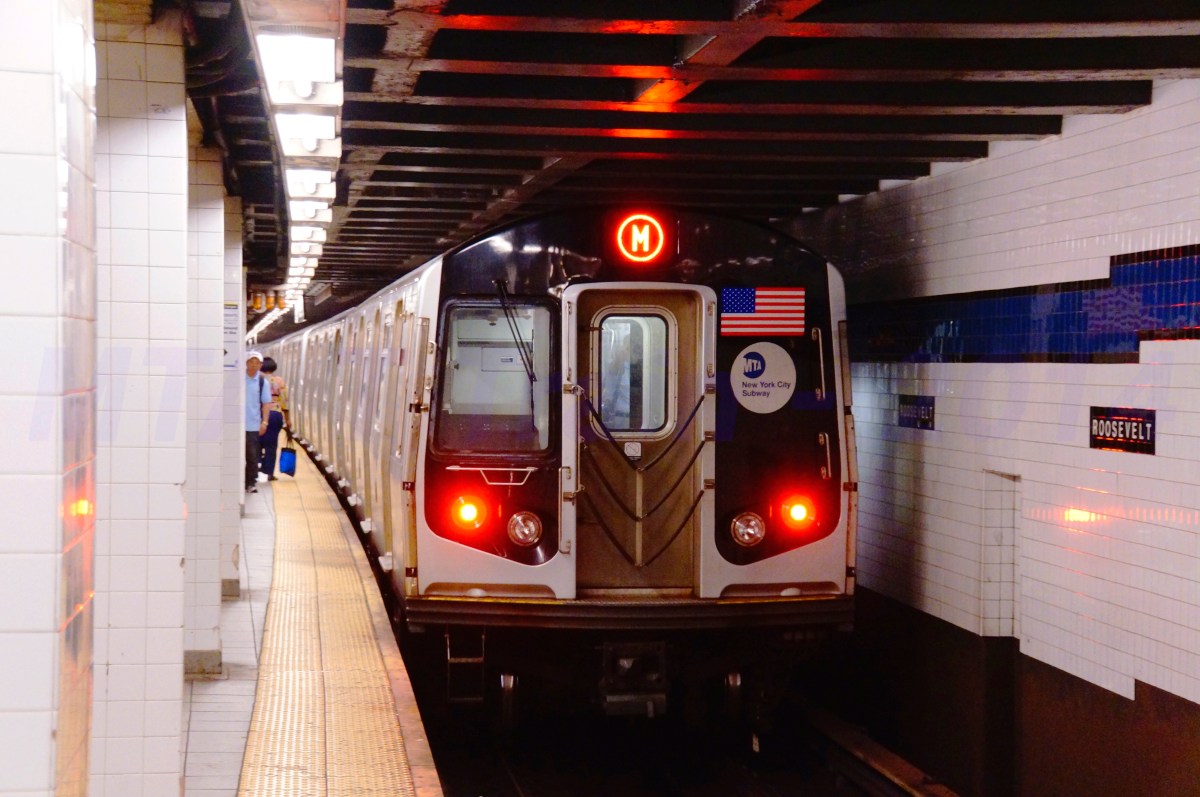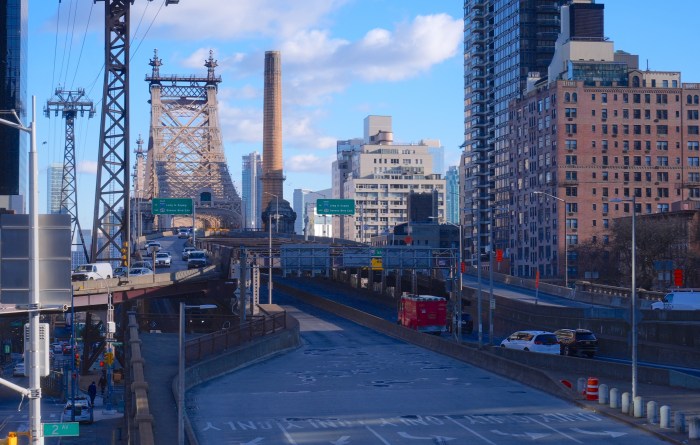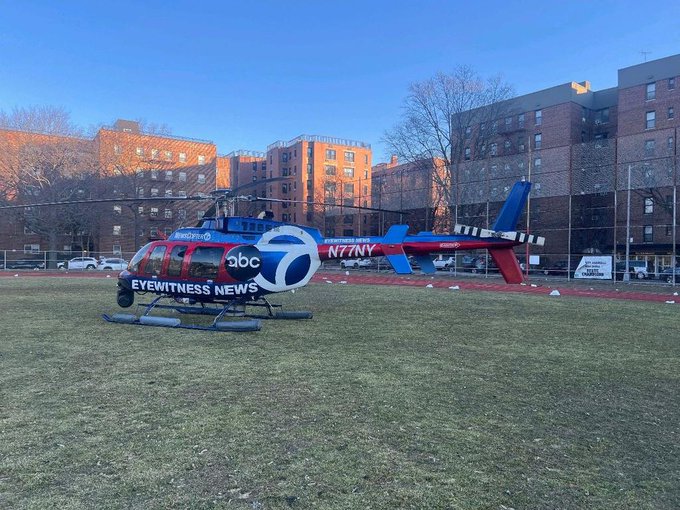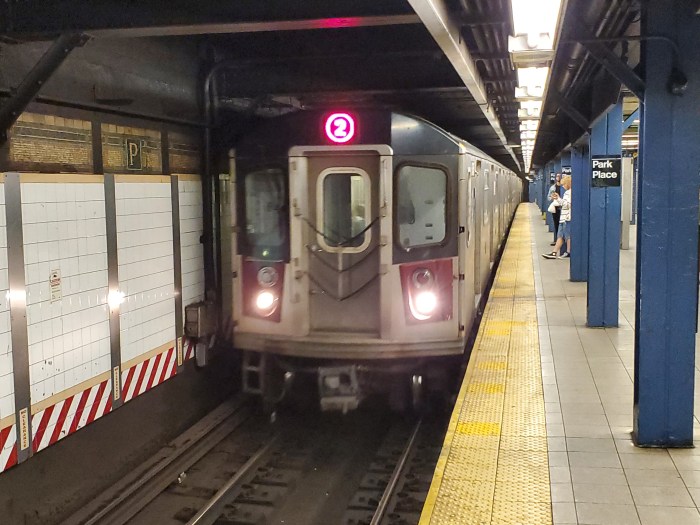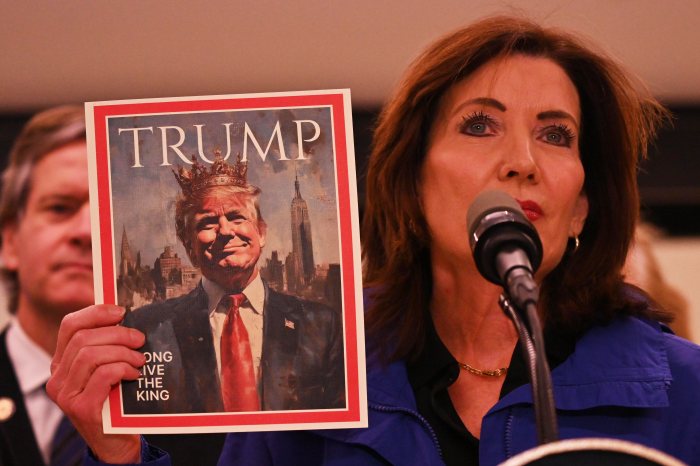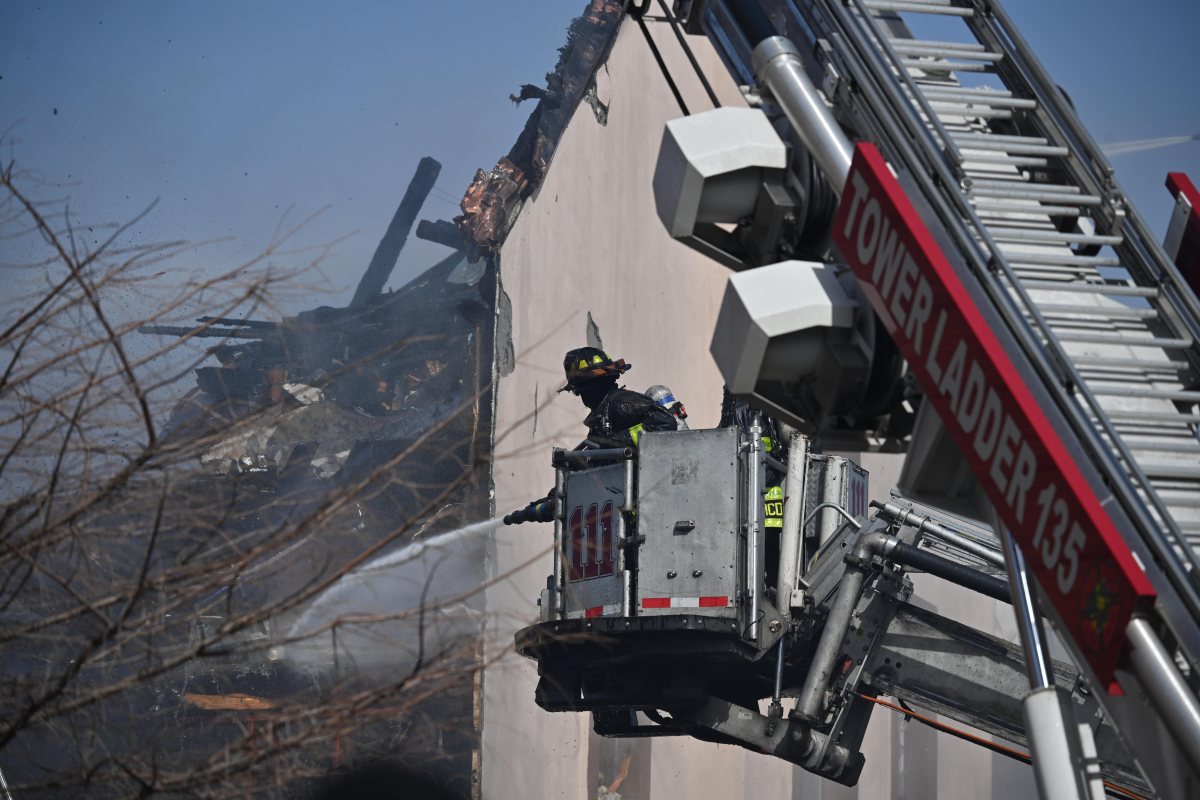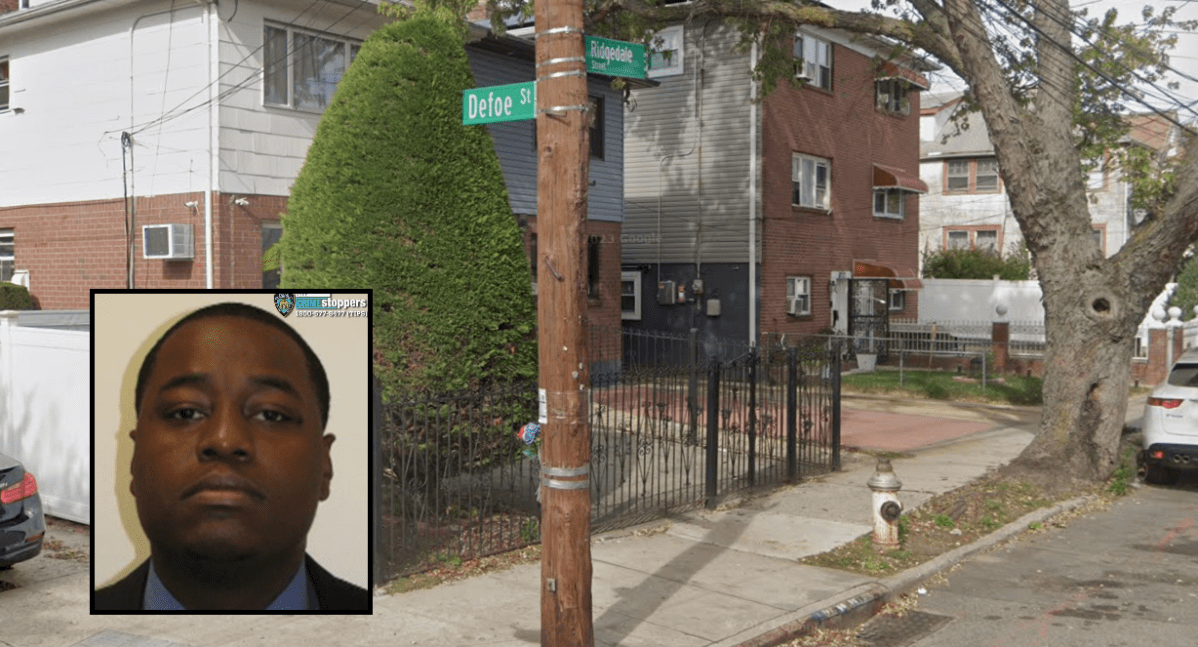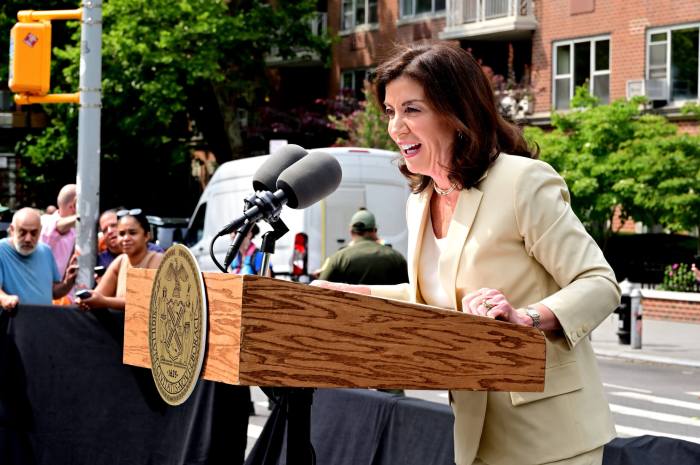The MTA’s M line will graduate to a state-of-the-art signal system next year, which will speed up service but also introduce some late-night service changes, amNewYork has learned.
For the past two years, the MTA has been improving capacity and on-time performance for the L and 7 trains with the installation of the new Communication-Based Train Control (CBTC) and now it’s time the M train gets the same treatment.
Starting in the spring of 2020, service along the M train will face some short-term inconveniences so that the system can be put in place and workers can clear grates, repair or replace tracks and seal leaks.
Between 9 p.m. and 11:15 p.m. on weeknights, the MTA will reduce service between Middle Village – Metropolitan Avenue and Forest Hills – 71st Street, instead terminating the line at Delancey – Essex Street station. Service will return to normal after the 11:15 p.m., according to the MTA.
“Most of our evening M line customers will find this service adjustment to be very familiar as prior to the ongoing L project, the M has not operated along the Queens Boulevard lines during the weekday evenings for approximately 80 percent of the time,” NYC Transit President Andy Byford said in a letter to Queens Community Board 5. “Therefore this change reflects a regular re-route that we’ve previously had to implement via costly temporary supplementary to complement ongoing construction and maintenance work.”
This will be just the latest round of improvements along the M line over the last few years — in July 2017, the MTA began reconstructing sections of the Myrtle Viaduct along the M line after a century of the trestle being exposed to the elements and round-the-clock service.
In a $163 million effort, the transit agency demolished the Fresh Pond Bridge and replaced it with 65 feet of new structure, 600 feet of new track and a third rail.
Crews also repainted the entire elevated Myrtle Avenue line superstructure from Bushwick to Middle Village, and years earlier, the MTA upgraded six stations through its Station Renewal program.
The rollout of CBTC on both the L and the 7 trains were not very smooth in early weeks, but as the system was fine-tuned, both lines operated more reliably and with increased capacity.
What was originally supposed to be a 15-month full closure has now turned into a 12-month partial closure on weekends and nights.
Near the end of September, Governor Andrew Cuomo announced that the L train was three months ahead of schedule for repairs to the bench-walls of the tunnels in particular.



